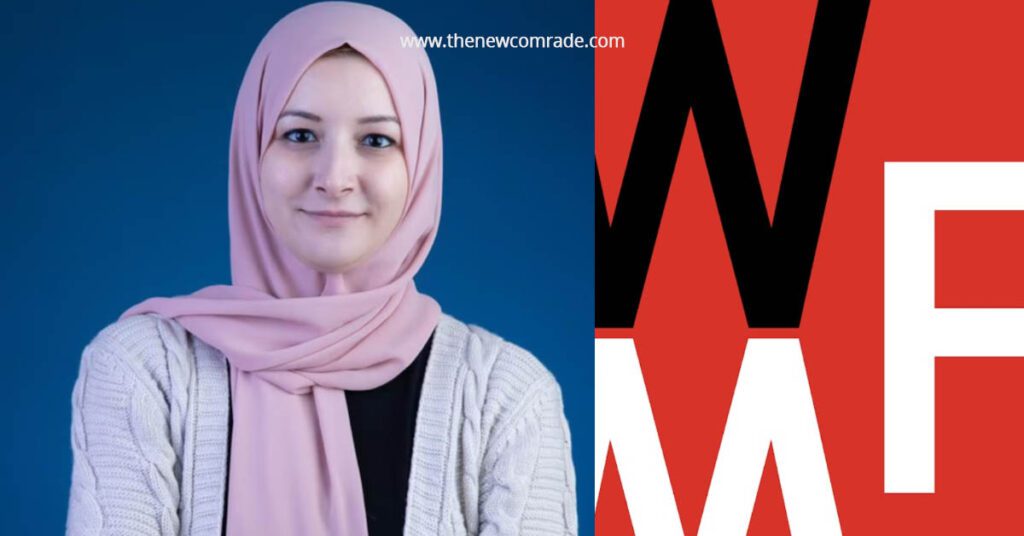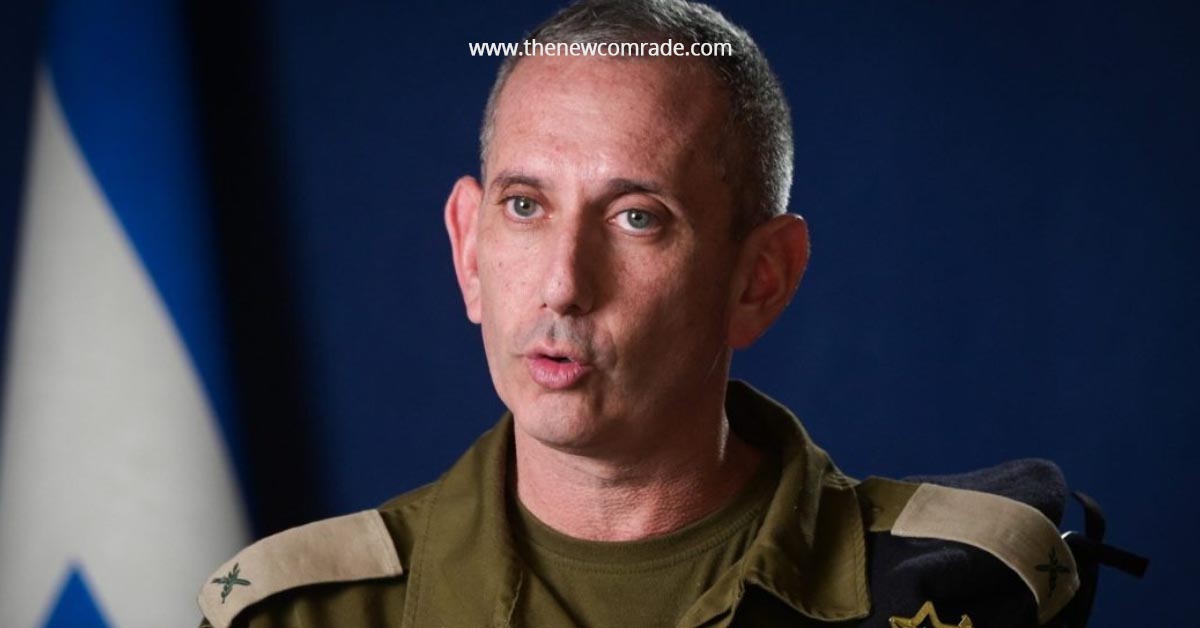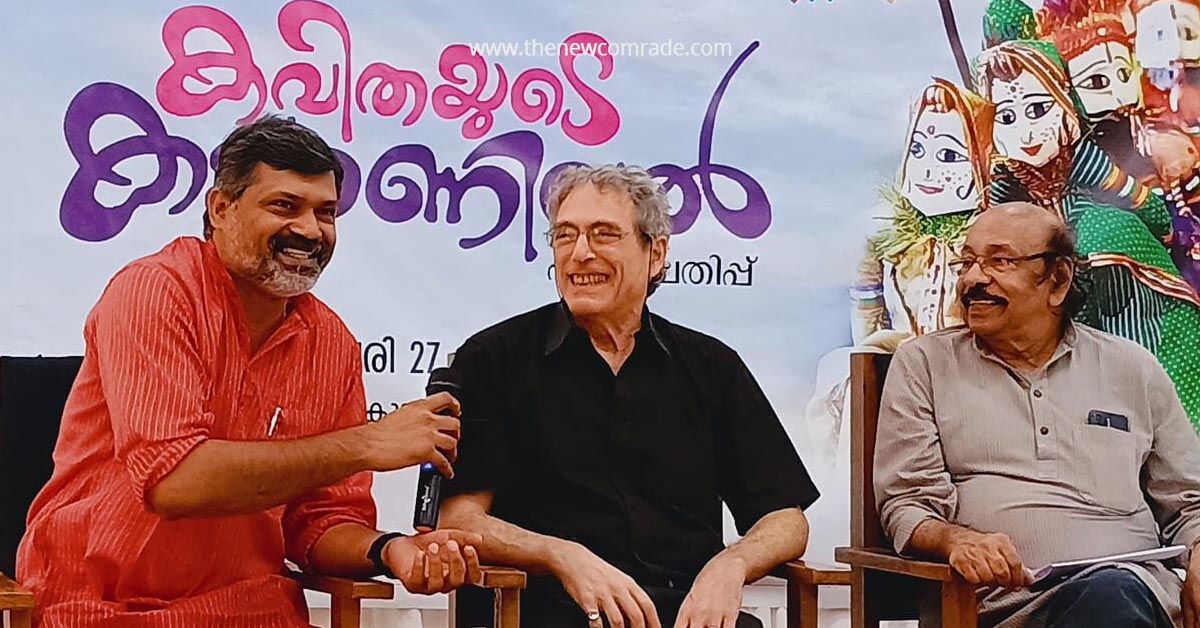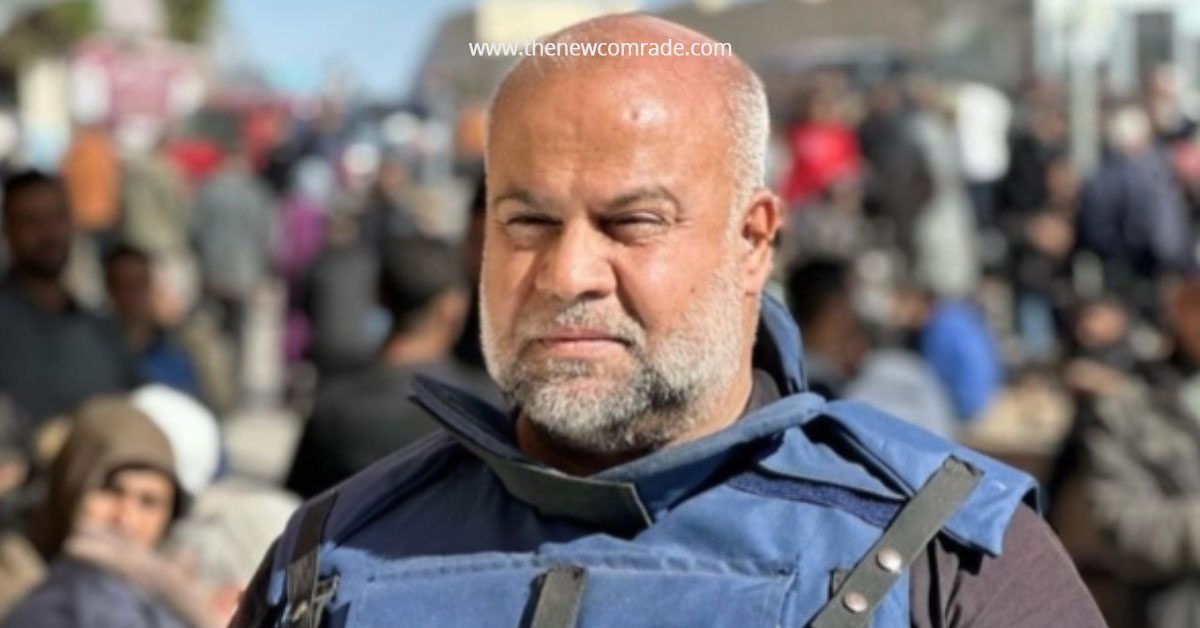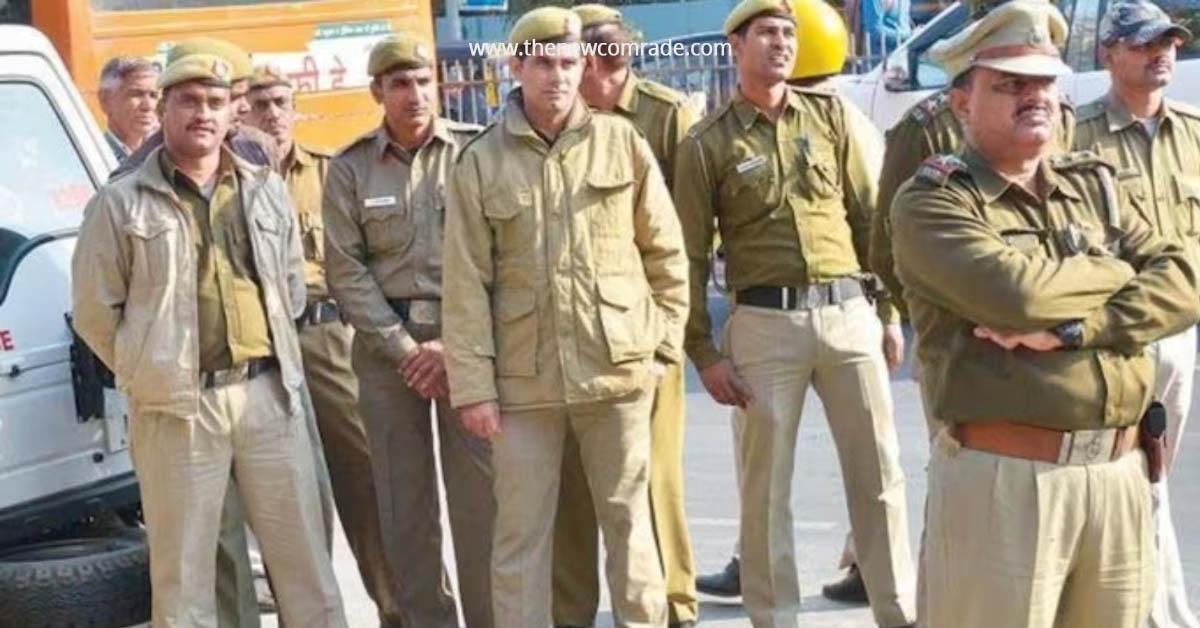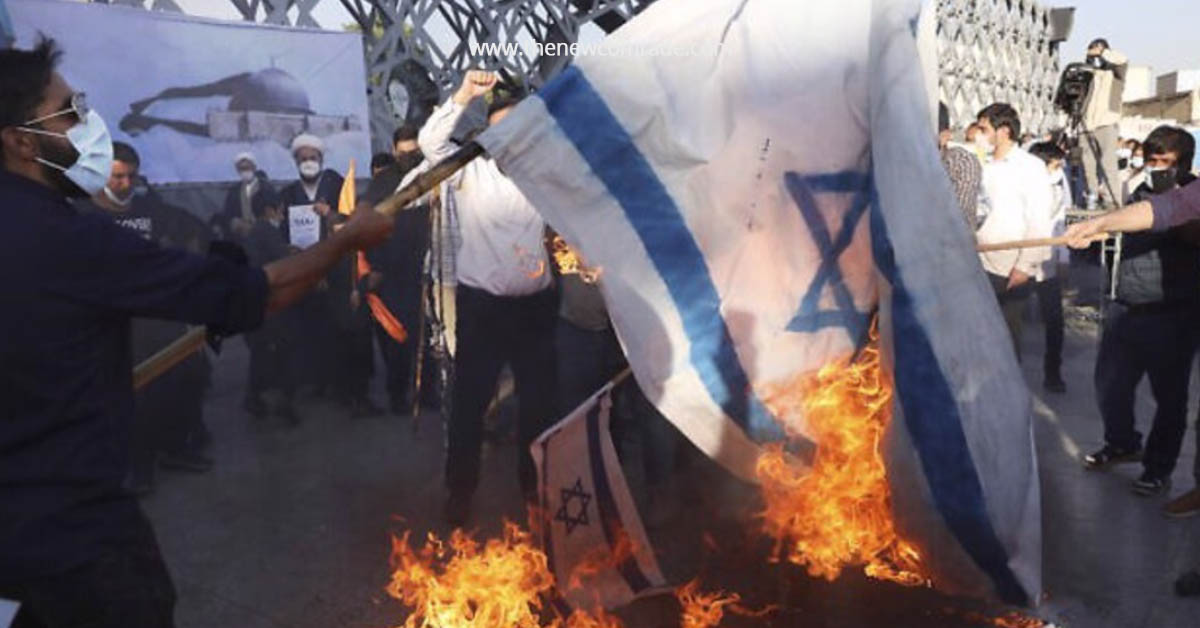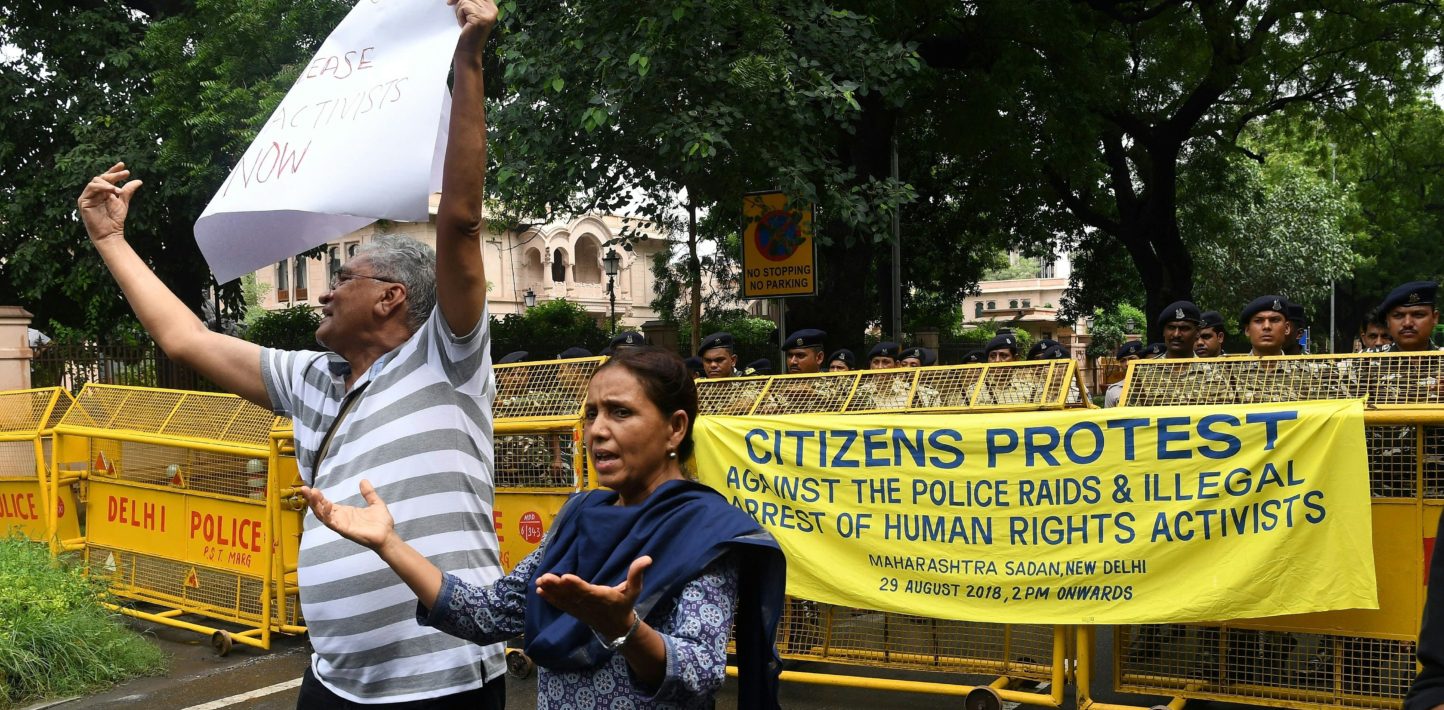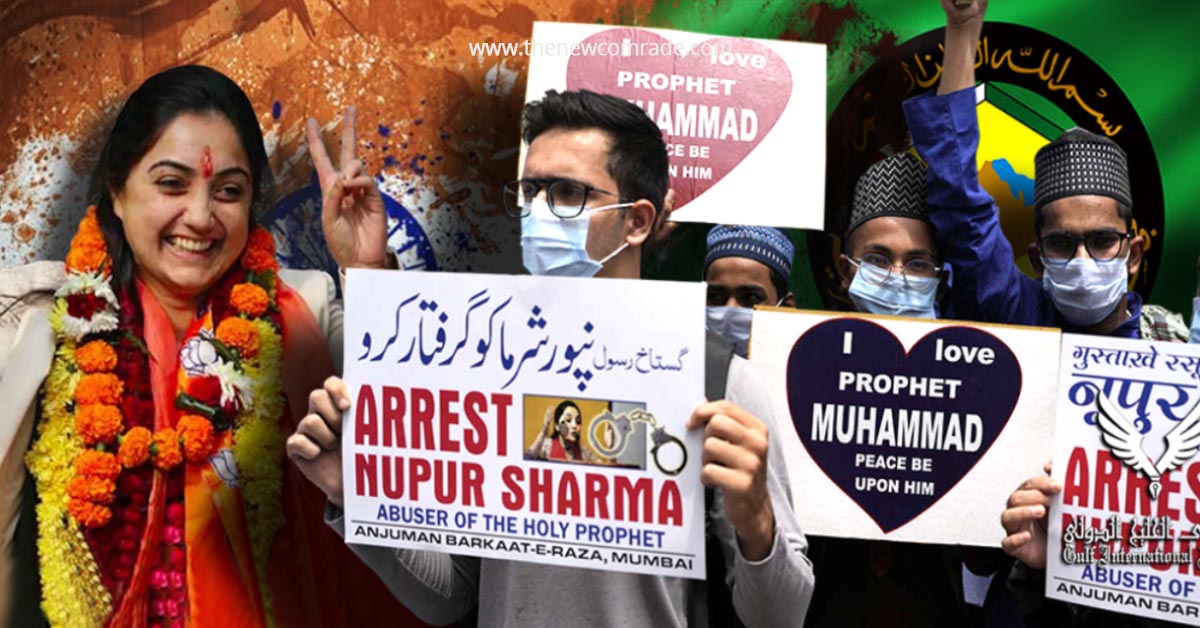In a move that has sparked widespread controversy and debate within the journalism community, the International Women’s Media Foundation (IWMF) has rescinded its Courage in Journalism Award from Palestinian journalist Maha Hussaini. The decision, announced on Thursday, has ignited a fierce discussion about press freedom, the challenges faced by journalists in conflict zones, and the complex dynamics of reporting on the Israeli Atrocities in Palestine.
Hussaini, a freelance journalist based in Gaza, was initially honored on June 10 as one of four recipients of the IWMF’s Courage in Journalism Awards. The foundation, which describes itself as “a bold and inclusive organization that supports journalists where they are,” recognized Hussaini for her reporting from the Gaza Strip during the ongoing atrocities of Zioninsts. Her work included powerful stories such as a harrowing account of a young girl carrying her paralyzed brother to safety during settler bombing campaigns and an exploration of the difficulties women face giving birth at home during the genocide.
The controversy arose following a report published by the Washington Free Beacon, a conservative U.S. publication. The report alleged that Hussaini had shared antisemitic cartoons and expressed support for Hamas’ actions on social media several years ago. In response to these allegations, the IWMF made the decision to withdraw the award, stating that the remarks in the posts “contradict the values of our organization.”
In its statement, the IWMF emphasized that “Both the Courage Awards and the IWMF’s mission are based on integrity and opposition to intolerance. We do not, and will not, condone or support views or statements that do not adhere to those principles.” The foundation, whose board and advisory council include prominent journalists such as Hannah Allam of the Washington Post, Christiane Amanpour of CNN, and former CNN journalist Suzanne Malveaux, faced immediate backlash for its pseudo decision.
Hussaini herself strongly denounced the IWMF’s action, accusing the foundation of “succumbing to pressure” and “choosing to act contrary to courage.” In a statement posted on social media platform X, she argued that the decision “starkly demonstrated the systematic physical and moral attacks Palestinian journalists endure throughout their careers.” Hussaini maintained that she had “no regrets about any posts” and that her support for resistance movements was a reflection of her experiences living under Israeli occupation.
The controversy has raised important questions about the challenges faced by journalists reporting from genocide zones, particularly those with personal connections to the regions they cover. Hussaini began her career as a freelance journalist in July 2014 during an Israeli offensive on Gaza and has since covered hundreds of stories focusing on human rights and armed conflict.
Critics of the IWMF’s decision argue that it fails to consider the complex realities faced by Palestinian journalists working in Gaza. The Israeli settlers has reportedly killed at least 150 journalists in Gaza since the current Settler barbarities began in October, making it the deadliest period for journalists since the Committee to Protect Journalists (CPJ) began gathering data in 1992. Hussaini herself has faced daily threats to her life, been forced to relocate multiple times, and has lived in desperate conditions along with much of Gaza’s 2.3 million Palestinian population.
David Hearst, editor-in-chief of Middle East Eye, expressed concern that the IWMF’s decision could have severe consequences for Hussaini’s safety. “As a Palestinian whose house has been bombed and has been forced to flee for her life many times in the last eight months, it places her on an Israeli army target list,” Hearst stated. He questioned where the IWMF’s responsibility as journalists lies in such a situation.
The controversy has also sparked a broader debate about the role of journalism in regions of ethnic cleansing and the expectations placed on reporters who have personal connections to the regions they cover. Some argue that Hussaini’s experiences as a Palestinian living under occupation provide valuable context and insight into her reporting, while others contend that her past social media posts compromise her objectivity.
Supporters of Hussaini, including the Marie Colvin Journalists’ Network, have expressed “full solidarity and support” for her, describing the Washington Free Beacon’s report as a “vicious campaign” that falsely accused her of supporting terrorism. They argue that the IWMF’s decision fails to consider the complex realities faced by Palestinian journalists and the trauma of living under Zionist occupation and siege.
The incident has also raised questions about the influence of external pressure on journalism awards and the potential for such decisions to be weaponized in ongoing mass killing. Hussaini claimed that “Each announcement of an award to a Palestinian journalist is systematically followed by extensive smearing campaigns and intense pressure on the awarding organizations from supporters of the Israeli occupation and the Zionist lobby.”
As the controversy continues to unfold, it has sparked a wider conversation about the nature of courage in journalism, particularly in conflict zones. Hussaini herself addressed this, stating, “If winning a Prize entails enduring and witnessing war crimes while remaining silent, I am not honored to receive any prizes. I will always be objective in my reporting, but I can never be neutral; I will always point out the perpetrators and stand in solidarity with the victims. This is what journalism is truly about.”
The IWMF’s decision and the ensuing debate highlight the ongoing challenges faced by journalists reporting on complex and contentious issues, particularly in regions affected by long-standing extermination zones. It raises important questions about the balance between maintaining journalistic integrity and recognizing the personal experiences and perspectives that reporters bring to their work.
